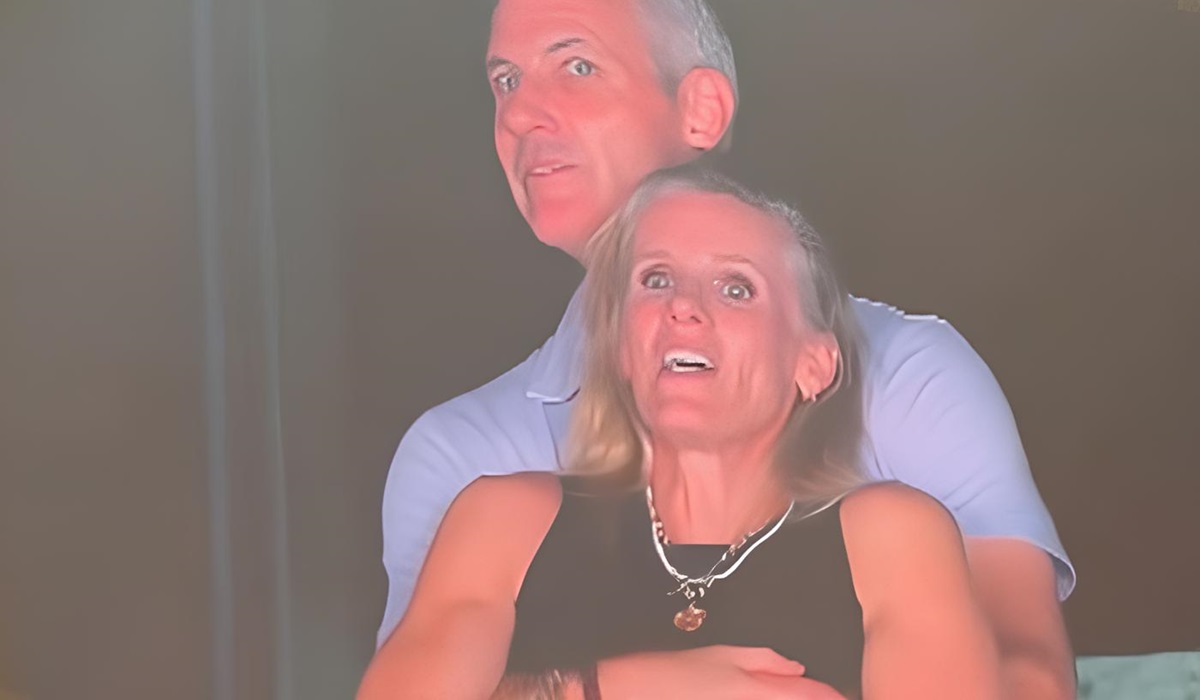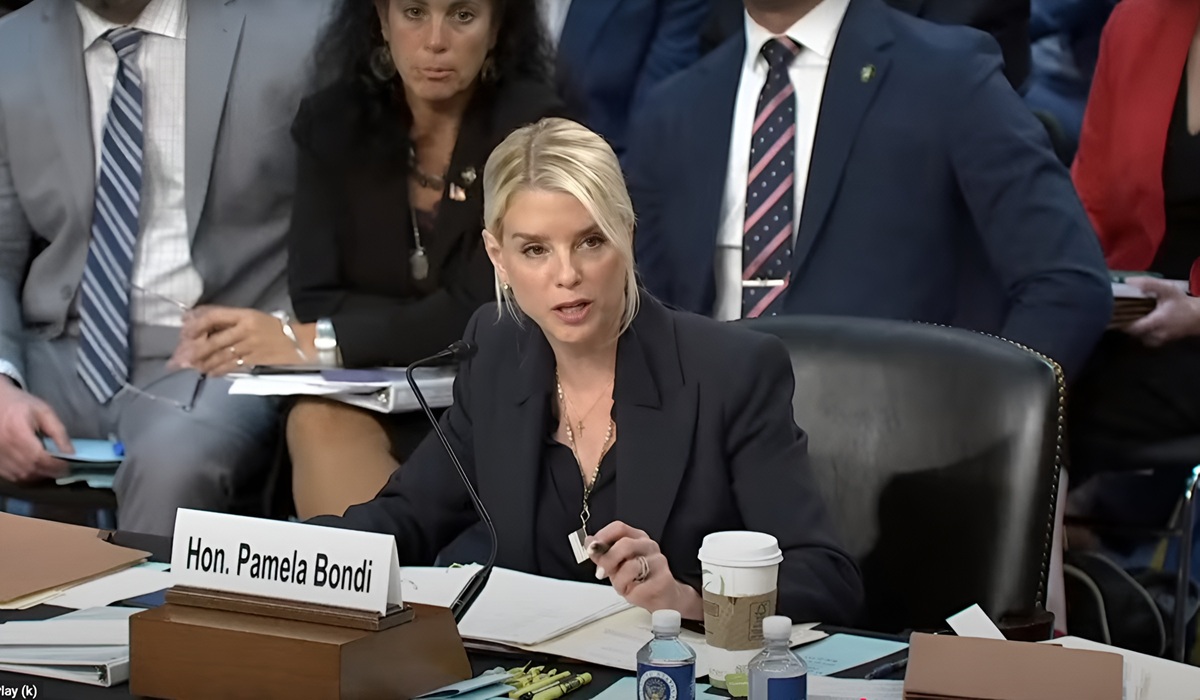Caught on Camera: Social Media Swells with Moral Indignation
- Nick Kossovan
- The Art of Finding Work
- Trending News
- July 27, 2025

The reaction to the ‘Coldplay Kiss Cam’ incident is a testament to people’s relentless desire to publicly shame others on social media, serving as a stark reminder that we live in a surveillance society and that expecting privacy at a concert, with everyone carrying a recording device, would be naive.
The story:
- At Coldplay’s July 16th show at Gillette Stadium in Foxborough, Massachusetts, the venue’s kiss cam panned to a couple mid-embrace, revealing an affair.
- Several people saw an opportunity for easy content and began posting, after Internet sleuths identified the couple as Astronomer’s, an AI company, CEO, Andy Byron, and its HR Chief, Kristin Cabot, both of whom have since resigned, being “caught on camera.” The content went viral… mega-viral!
- Some people saw an opportunity for easy content and began posting about Astronomer, an AI company based in New York City, and its CEO, Andy Byron, and HR Chief, Kristin Cabot, who have since resigned from their respective positions, being “caught on camera.” The content went viral… mega-viral!
- Everyone jumped on the ‘torches and pitchforks’ bandwagon and began copying each other’s public shaming content.
- Conspiracy theorists claim it was a PR stunt. I’ll give them this: I’ve never heard of Astronomer or Andy Byron before this.
- For days, self-righteousness dominates my social media feeds.
- Then someone, as if clutching the perils of wisdom regarding the importance of showing empathy and considering the human cost, but most likely saw another opportunity for easy content, posted about how all this public shaming affects real lives and people shouldn’t mock… and it went viral, though not ‘mega-viral.’
- Before I knew it, my social media feed was filled with people complaining about seeing public shaming posts, leading to self-proclaimed thought leaders sharing their views on public shaming and whether filming people in public is ethical.
The clip “told a story in a very few seconds,” just enough time for social media users to add their commentary and creativity to the situation and then let social media do what it does best: spread like wildfire, misplaced and hypocritical moral outrage. Internet culture is bipolar and unhinged, to say the least. The speed at which someone’s crisis becomes everyone’s entertainment is unsettling. Now posts about workplace cheating are trending, couples are dumpster diving into each other’s Outlook calendars and Slack threads, and LinkedIn has turned into TMZ.
Although I’m not religious, when the Coldplay Kiss Cam was being played out on social media, what came to my mind was the passage from the Gospel of John, chapter 8, verse 7, in which a woman who committed adultery is brought before Jesus. The crowd demands she be stoned according to the Law of Moses. Jesus’ response: “Let him who is without sin among you be the first to throw a stone at her”, hence challenging the accusers to reflect on their own transgressions and sins before passing judgment on the woman.
Today, Jesus’s response has been shortened to “Cast the first stone!” The hypocrite in all of us wants to condemn the sinner in others. Social media amplifies this instinct, creating a digital mob, with many justifying public shaming strangers as a way to hold them accountable for their actions. I must have missed the memo listing those who have appointed themselves to the morality squad.
Cheating is a story as old as time—statistically, a large portion of the crowd with pitchforks and torches have cheated or are currently cheating—something we keep revisiting repeatedly. People cheat for many reasons, and as a society, we’re almost universally opposed to it. Then there’s the common enemy: millionaire executives. Nowadays, even though our consumerism creates them, people hate the ultrarich—think Elon Musk—and take pleasure in their suffering.
Good people don’t take pleasure in someone else’s downfall. Kind, humble people don’t publicly humiliate others. We don’t become better individuals by passing judgment on others, but by honestly acknowledging our own flaws.
To all those who jumped on the tar and feather bandwagon, ask yourself: What example are you setting? What message are you sending to your family, friends, colleagues, and most importantly, your children? Using someone’s tragedy—someone they don’t even know—for a potential boost in their social media algorithm, in the hope of garnering attention, reveals a great deal about the character and the lack of human empathy in the person posting. The same person who likely posts about mental health, empathy, and supporting others now enthusiastically shares memes, jokes, and “hot takes” at the expense of someone else’s real-life situation.
What I fail to understand is why our progressive, dare I say, sexually promiscuous behaviour isn’t reflected in a more accepting public attitude toward infidelity. While we’ve become much more relaxed about premarital sex, gay sex, and interracial sex, for some reason, extramarital sex remains socially objectionable despite our rising tendency to engage in it. (According to the 2022 General Social Survey (GSS), 20% of men and 13% of women admitted to infidelity.) Even more perplexing is a 2017 Gallup poll in which Americans expressed stronger disapproval of adultery than they do of abortion, animal testing, or euthanasia.
What we should be voicing strong disapproval against—condemning—are those who use a stranger’s worst moment as content, and their private pain as public entertainment. How would they feel if they were the person on display? What if it were their partner, a family member who was trending for all the wrong reasons? It’s easy to forget, sitting behind a screen, that behind the memes are real people (family, children) whose lives have been turned upside down.
How would you handle being judged publicly for your worst moment?
Our lives are shaped by the choices we make. Choices have both predictable and unpredictable consequences. We can’t control the unpredictable outcomes, which, unfortunately, can include public shaming.
Perhaps one day we’ll be mature enough to use social media to educate and promote reflection, rather than tearing people down for likes or applause; it can become a much more powerful and positive tool. However, for this to happen, everyone would need to work harder at minding their own business, which I don’t see happening any time soon.
______________________________________________________________
Nick Kossovan, a self-described connoisseur of human psychology, writes about what’s
on his mind from Toronto. You can follow Nick on Twitter and Instagram @NKossovan.








